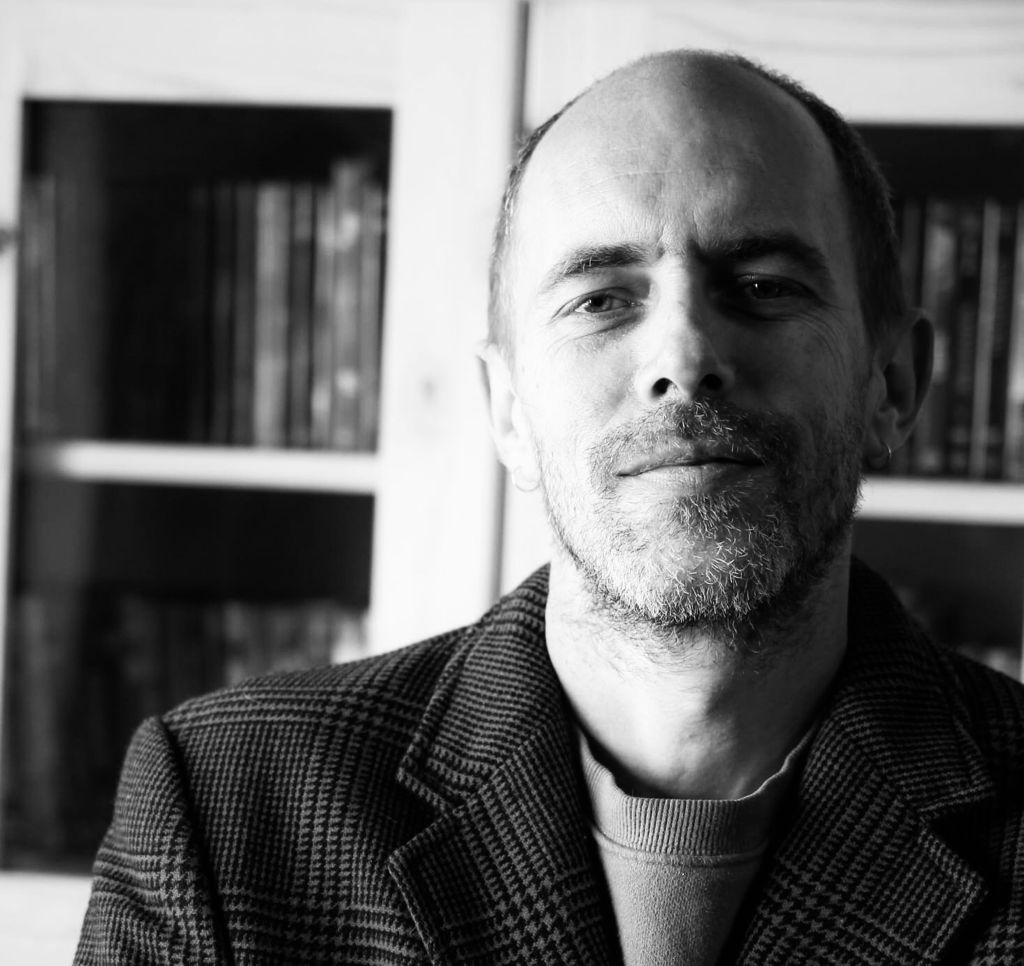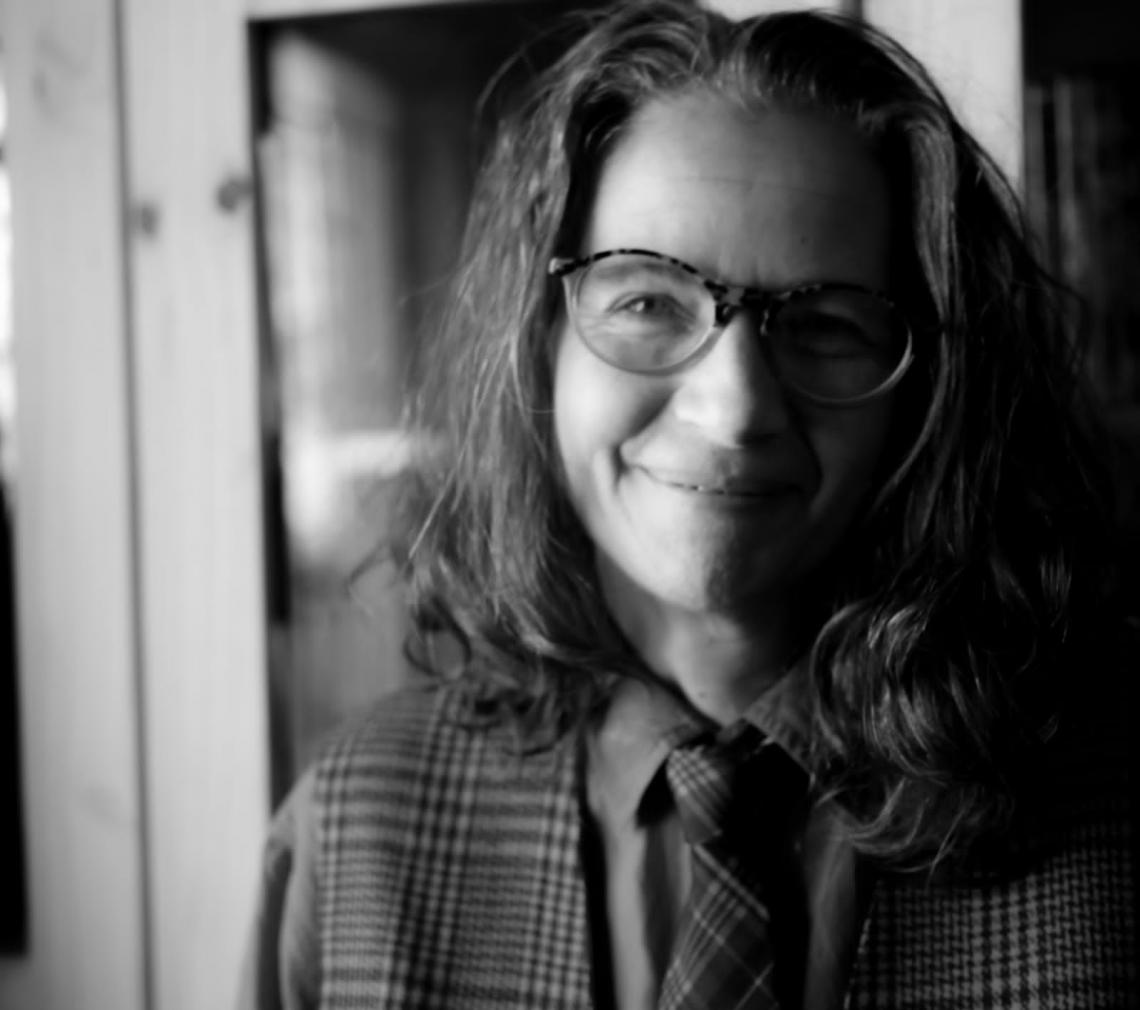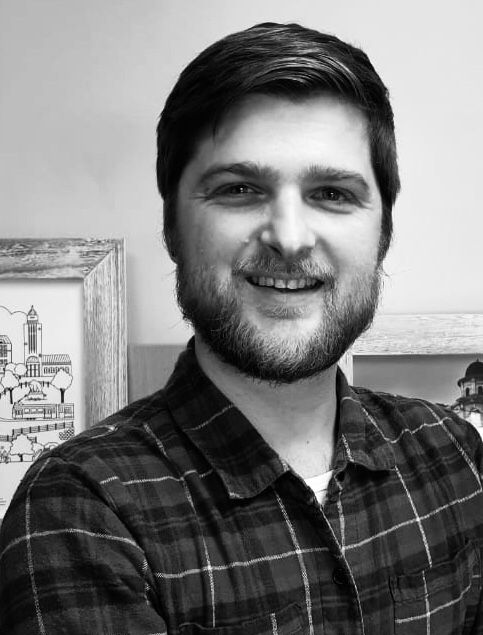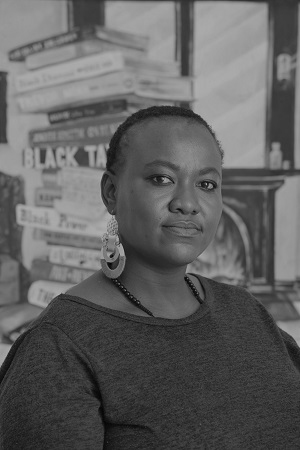South Africa is a society in which a sense of belonging is complicated by a long and deep history of division and dispossession. Four staff members of the North-West University have received an international grant from the African Critical Inquiry Programme* (ACIP) to organise a collaborative workshop that will use academic and artistic engagement to grapple with this difficult history.
The ACIP awarded the grant to social anthropologists Dr André Goodrich and Pia Bombardella, historian Dr Chris Holdridge and NWU Gallery curator Amohelang Mohajane. The funding will be used to host the workshop, titled “Unsettling the Single Society”, in the first quarter of 2022.
The three-day workshop, to be held in Potchefstroom, will highlight the role of public culture, in the form of academic and artistic work, in engaging critically with themes related to segregation and integration, among others.
It will begin with a public roundtable discussion coordinated with an exhibition at the NWU gallery, and will later provide the content for a special thematic journal issue.
André says this workshop ― for staff and students from NWU and other universities ― aims to bring together debates in history and social anthropology to stimulate critical engagement with contemporary integration thinking against the backdrop of our segregated past.
Academic and artistic work will be presented on the themes of belonging and unbelonging; symbolic and material labour; land and landscape; structural and direct violence; and contested knowledge bases.
“We aim to bring new insights to contemporary concerns over how the institution of public culture might work to redefine the terms of integration. It is an honour to bring together research work that has already been done in these fields,” says André.
Broken discourse on belonging
André says in present-day South Africa, informal debates and claims about who belongs often proceed in ways that assert belonging by disqualifying somebody else’s belonging and this is indicative of a broken discourse. “Through the workshop, we encourage debate and highlight the struggles of South Africans towards articulating a framework in terms of which collective belonging cognisant of our history is possible.”
Pia is excited to be part of the team that was awarded the grant. “The theme raises a simple, yet unresolved problem in the humanities, namely the problem of the single South African society. This problem is not simply academic but has material consequences for South Africans. We hope this workshop will be the start of a long process in which we grapple with this question and provoke conversation beyond the academy.”
According to Chris, the workshop will open space to consider how and why social structures in South Africa before 1994 persist and are not only of the past, such as ongoing debates around land restitution and persistent inequality. “The fact that precarious labour such as cleaners, gardeners or security guards are still mostly filled by South Africa’s black population should give us all pause to consider how settler colonialism as a process might still be present with us.”
He says as a historian, he is excited by the workshop’s return to debates of consequence around structures of domination and inequality within South Africa that stem from periods of colonisation, segregation and apartheid.
The art exhibition at the NWU Gallery will be an integral part of the workshop. Amohelang believes the workshop is an ideal opportunity to show academic and curatorial skills on a broader platform. “It comes at an apt time, because as Covid-19 continues to disrupt our lives globally, this workshop will allow us to bring together artists, and will enable partnership with other art institutions. It will also allow us to exhibit a selection of works from the NWU collection and ultimately allow the exhibition and workshop to travel to other parts of the country.”
The role of the ACIP
The ACIP advances inquiry and debate about the roles of public cultural domains and institutions in shaping identities and society in South Africa after colonialism and apartheid.
It has two components: an annual ACIP workshop and the Ivan Karp Doctoral Research Awards that fosters work by the next generation of scholar-practitioners.
The ACIP is supported by contributions to the Ivan Karp and Corinne Kratz Fund. The Fund, in honour of Prof Ivan Karp’s revered work in the fields of anthropology, museum studies, African studies, social theory and public scholarship, helps continue his work with universities, museums and other cultural institutions in South Africa.
*For more information on the ACIP visit: http://www.gs.emory.edu/about/special/acip.html.

Dr André Goodrich.

Pia Bombardella.

Dr Chris Holdridge.

Amohelang Mohajane.
